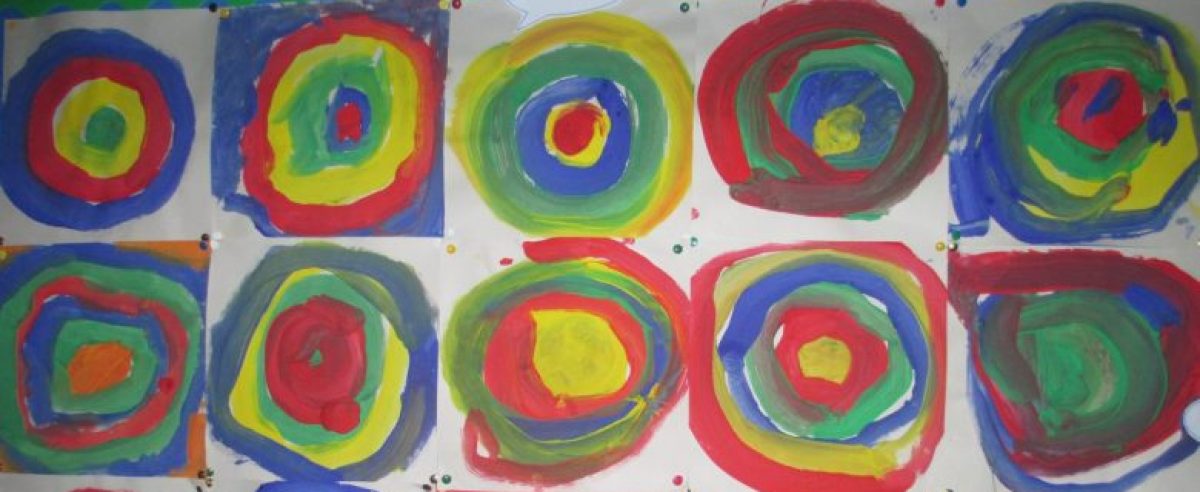We would like to share our “Word of the Week” for the week ahead. The Rainbow Room will be learning ‘hibernation’ while the Raindrop Room will have ‘tartan’ as their “Word of the Week”. It would be great if families could use these words at home too to try to develop the children’s understanding of our focus words.
Tag: Successful Learners
First Week
After our first week back, when lots of children have had to become familiar with a new environment and new staff, everyone seems to be settling in well to their routines. The children are investigating lots of different learning areas and are having fun experimenting with a range of resources. We would like to share a snapshot gallery of life back in Nursery after our holidays.
Science In Action
Carol Moyes, Dumfries and Galloway RAiSE teacher, has been looking at some of the recent posts which show our Science activities.
On our water cycle activity she commented, “What a great investigation. Books are a fantastic way to make links to science. Have you seen the STEAM-a-Story resources on our website? There are lots of STEM ideas linked to this year’s Scottish Book Trust books.”
We will have to have a look at those thank you.
Mrs. Moyes also liked the photos of bridge building in the rain: “Yet more amazing STEM in action from Hecklegirth Nursery! When I first saw the pictures I thought you had had snow; did you add washing up liquid to the puddles? “
We did add washing up liquid to our puddles. It will be interesting to see what the children decide to do when we do get snow.
Scientists In Action
The book “The Drop Goes Plop” provided the children last term with an insight into where rain comes from and they had the opportunity to experiment with rainmaking in a science activity where they investigated how many drops of paint they needed in their cloud before the rain appeared below.
As you can see this was a very popular activity and the children enjoyed experimenting with colour mixing as well as learning to use a pipette, carry out close observation and discuss their findings. Great work boys and girls!
Engineers Of The Future?
Whatever the weather, lots of our children always enjoy being outdoors and adapt their play to the environment they find. Recent heavy rain and big puddles provided the opportunity for some great teamwork and problem solving as the children worked together to build bridges. There was some super discussion about possible solutions to crossing the water and it was wonderful to hear the children listening to each other and following through their plans to make a path across the huge puddle. I wonder if we have some engineers of the future here?
Word Of The Week
Our “Word of the Week” for this week will be nativity as we think about the reason for Christmas.
Word Of The Week
Our “Word of the Week” this week will be choir as we continue to practise our Christmas songs.
Word Of The Week
Our “Word of the Week” was this week will be “church” as we begin to talk about our Christmas performance to our families.
Well Done Hecklegirth
We have received a comment from one of our Dumfries and Galloway RAiSE team on our investigation of the ice we found in our garden recently:
“Well done Heckegirth. True STEM learning in action. Love it!
Regards
Carol Moyes
RAiSE Teacher”
Thank you for showing an interest in our activities. The changing seasons always seem to bring great opportunities for developing learning outdoors.
What Are Schemas?
Parents and practitioners working with young children are often puzzled by some of
their children’s actions.
Why do some children have a fascination with running water and flood the
bathroom?
Have you ever given a present to a child and noticed he/she is more interested in
the box rather than the toy?
Have you ever noticed a child painting themselves or other people?
Have you ever noticed a child paint or draw a lovely picture then cover it
completely in paint?
A schema is seen to be a pattern a child demonstrates through their actions, language or play. While a child may play with a variety of toys, a pattern may link these seemingly disassociated activities. Schemas indicate the child’s focus in an activity. By identifying a child’s schema we can plan learning in ways that most interest them. We form our schemas during childhood as a way to make sense out of our world.
To read more, click on the link below to learn a little more about your child’s behaviour. This short but informative document has also been added to our blog on the right hand side under “Support Information”. We hope that you find it useful.





































